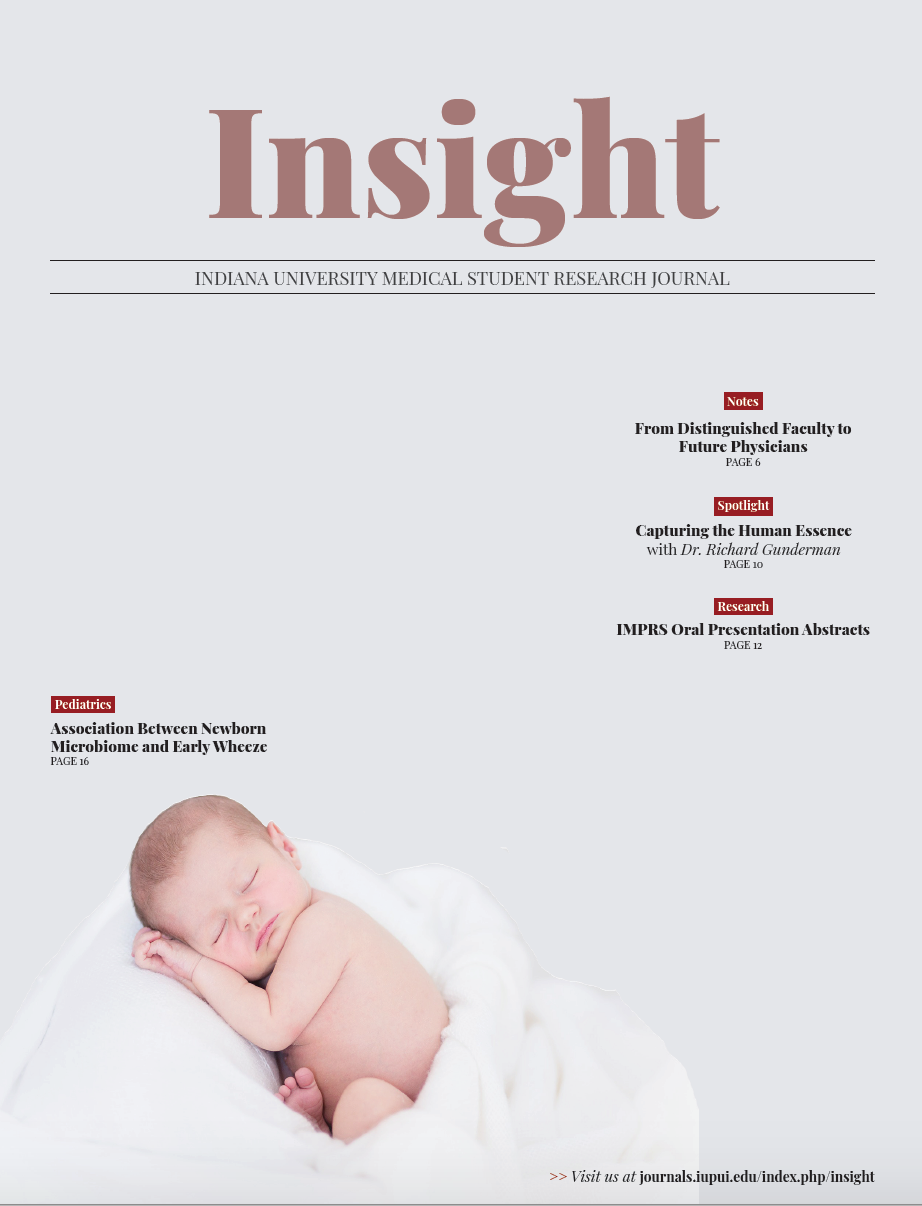Association Between Newborn Microbiome and Early Wheeze
Abstract
Background and Hypothesis: Asthma affects 10% of children and often begins with recurrent wheeze during infancy. Recurrent wheeze is associated with airway dysbiosis (broad community shifts of bacteria) at three months of age, but investigations into airway differences at birth have not been conducted. We hypothesize that airway dysbiosis at birth predicts wheeze during the first year of life, and is linked with decreased airflow measurements at 3 months of age.
Project Methods: Nasopharyngeal samples from newborns were collected within 48 hours of life. The bacterial V4 region of the 16S-rRNA gene was amplified and sequenced on the Illumina Miseq. Mothur software was utilized for processing and analysis. Sedated infant pulmonary function testing was performed on subjects at three months of age.
Results: Alpha diversity was similar between infants who developed wheeze and infants without wheeze. There is greater dissimilarity within the microbiome in samples from the wheeze group compared to samples from infants without wheeze (p=0.0001), with a trend towards greater abundance of Staphylococcus in infants without wheeze (p=0.06). At 3 months of age, there is decreased forced vital capacity in children with wheeze vs. no wheeze (p=0.02). If antibiotics were administered during labor, changes were seen in the newborn upper airway microbiome at the phyla and genera level (decreased Firmicutes (p=0.037) and Lactobacillus (p=0.04)).
Conclusion and Potential Impact: Early changes are present in the upper airway microbiome of infants who develop wheeze. Prescribing antibiotics during labor alters the newborn microbiome. Identifying the components of the microbiome associated with early respiratory disease could lead to targeted interventions and therapeutics.
Downloads
Published
Issue
Section
License
Copyright to works published in Insight is retained by the author(s).

